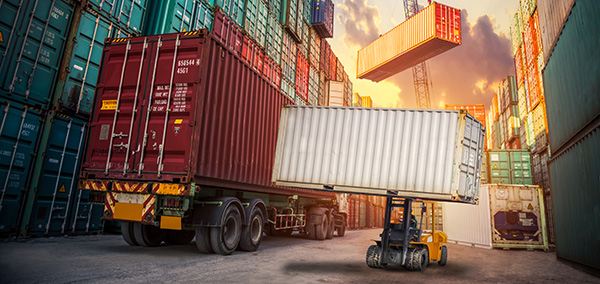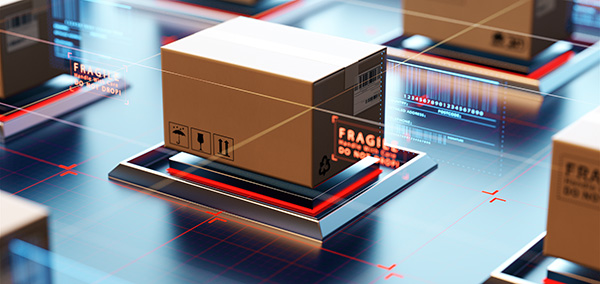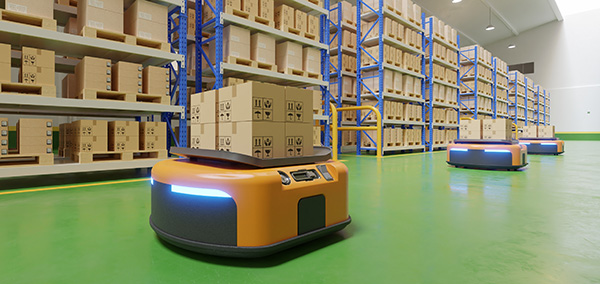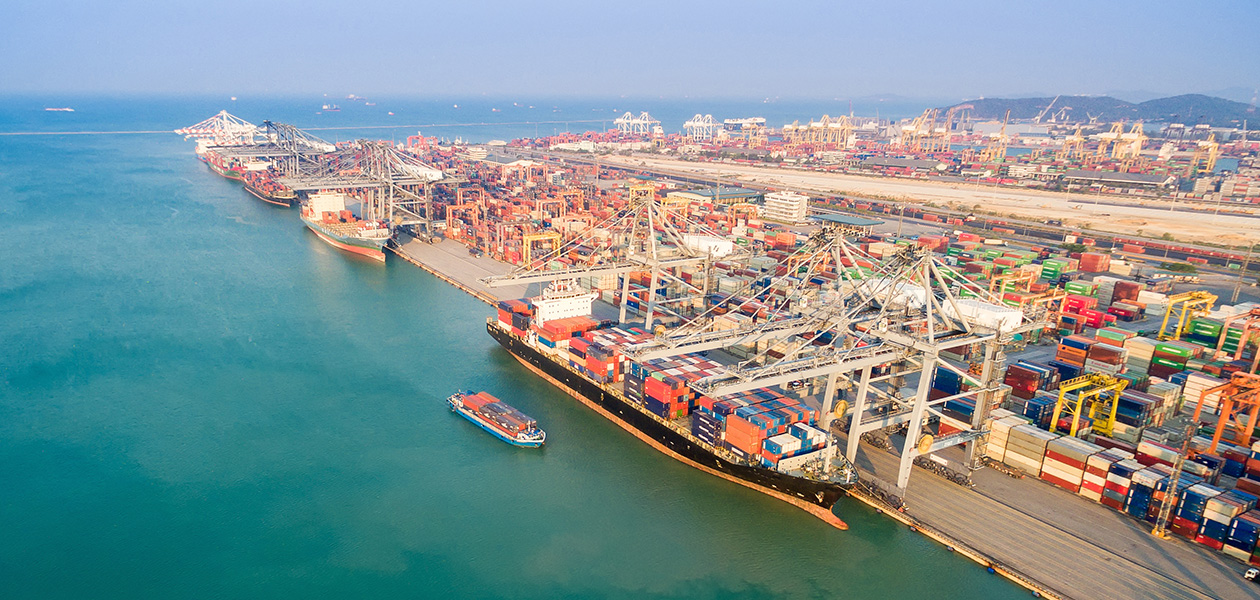How supply chains are benefitting from innovation
The weakest link in a supply chain could cost companies dearly. Here are three TechOffers making logistics more tractable and efficient.
When you take merchandise off the shelf of a supermarket store, has it ever occurred to you how something that may have been produced half a world away ended up in your hands? To fulfil orders within and between countries, businesses rely on transport networks and track-and-trace systems that are becoming increasingly complex with globalisation and digitalisation.
Viewed as a critical element of the business workflow, efficient logistics and supply chain management has the potential to improve customer satisfaction, thereby increasing a company’s profitability. In this month’s TechOffers, we feature three innovations that could revolutionise the way products are moved across the globe.

Connecting containers and customers
More than 90 percent of international trade involves shipping. Tonnes of cargo, consisting of raw materials, food products and consumer goods, traverse the world’s oceans in containers loaded onto freight ships. Managing the movement of these containers and the fleet of maritime vessels they are carried on can be a monumental challenge. When these containers arrive at their port of call, they are transferred onto trucks for further distribution to warehouses and depots. The logistics of matching containers to trucks have traditionally been manually arranged by hauliers, which can be tedious and sometimes costly due to human-errors.
Ensuring the smooth transition from one link in the supply chain to the next is now possible with Haulio Pte Ltd’s online platform. Leveraging Internet of Things technology and advanced algorithms, the platform serves as a matchmaker for companies requiring container transport services—also known as haulage—and those that provide said services. Stakeholders including hauliers, drivers, forwarders, cargo owners and port operators, can be registered on a community portal, through which they can then view shipment arrival times and sizes, as well as truck capacity and availability.
By better matching demand and supply, the system allows better scheduling of container pickup at ports and optimises resources in the haulage sector. Currently, there are more than 300 companies on Haulio’s platform, and Haulio is working closely with the Port of Singapore Authority to improve container dynamics.

Cooling the supply chain
While getting goods from point to point is important, the ability to preserve product quality is critical as well. This is especially pertinent to the food and pharmaceutical industries whose wares are perishable. According to one report, losses due to temperature excursions—events where time- and temperature-sensitive products are exposed to temperatures that exceed the recommended range—cost the pharmaceutical industry US$35 billion in 2014.
To prevent such temperature excursions from occurring, items need to be refrigerated throughout the production, transport, storage and distribution phases. This is known as the cold chain. But how can a manufacturer know if low temperatures are maintained during shipment and distribution? This is where Luxon Data Holdings Pte Ltd’s solution, which combines monitoring devices and a monitoring system to track temperature, humidity and motion, can be immensely useful.
Because these devices communicate with one another via Bluetooth, wi-fi or cellular networks, they can present companies with a holistic record of the conditions that their products experience along the supply chain. Notifications can also be sent out in real time, allowing companies to intervene quickly to prevent spoilage of products, or recall batches that may have undergone thermal degradation.

Maximising returns with automation
Moving further down the supply chain, to the level of storefronts and individual customers, robots can be used to reduce reliance on manpower when delivering and marketing goods. However, investing in separate robotic systems for each business process can be costly and complicated.
Enter Factory Chain Pte Ltd’s advanced modular service robot, consisting of a robotic base upon which different functional components can be mounted interchangeably. Equipped with laser and ultrasonic sensors, the robotic base is capable of self-charging, path planning and obstacle avoidance. Meanwhile, the add-on modules include configurations for delivery, marketing, security and even guest entertainment in the form of ‘roaming’ cocktail tables.
Unlike human workers, the same fleet of robots can operate tirelessly throughout the day, taking on different roles at different times. For example, when delivery and marketing activities wind down at night, the robots can patrol the store grounds to provide security instead. The versatility and autonomous nature of this modular robotic system thus allows companies to augment their workforce and business processes, which could in turn increase their productivity.

